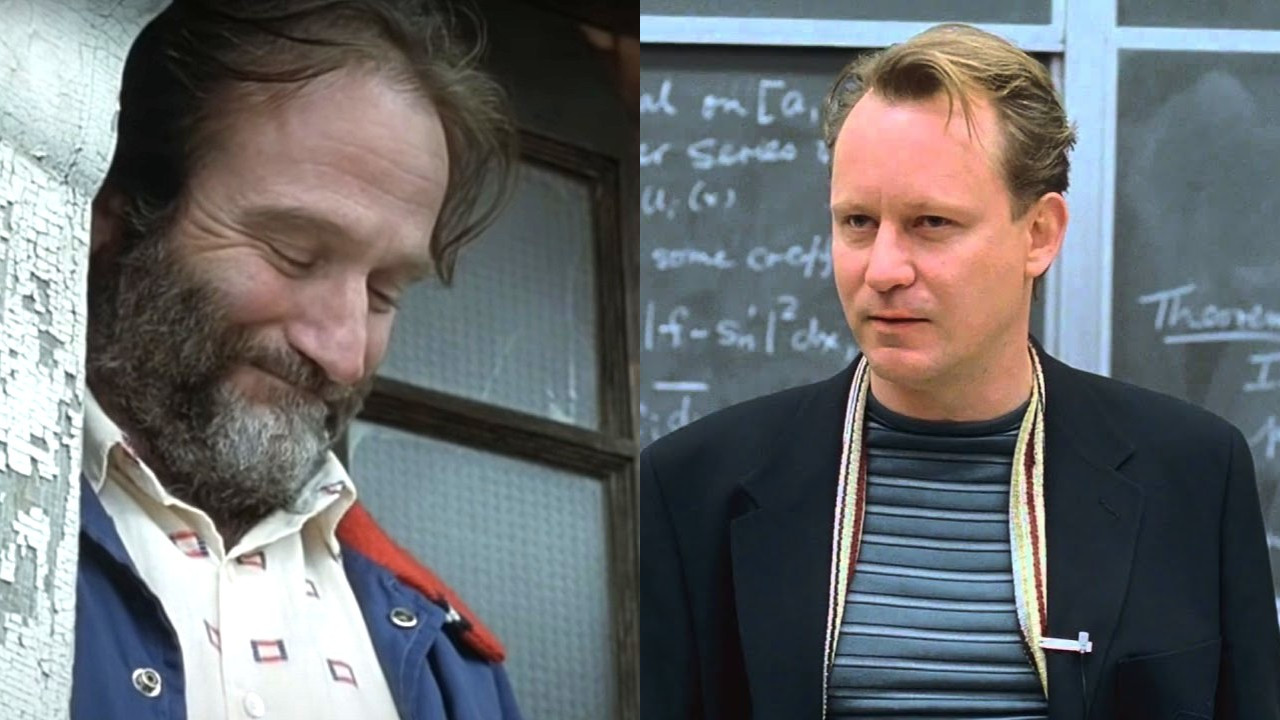Is there such a thing as the perfect match? Perhaps in the highly competitive world of tennis when players like Andy Roddick, Maria Sharapova, Andre Agassi and Serena Williams hit the court, but in Wimbledon – the latest romantic comedy starring Kirsten Dunst and Paul Bettany – the answer is a resounding no.
Set exclusively around the white-collar sport of tennis, Wimbledon opens with Peter Colt (Paul Bettany, Master and Commander), a 32-year-old pro once ranked 11th in the world, walking in on a naked Lizzie Bradbury (Kirsten Dunst, Spider-Man) – the reigning queen of tennis – thanks to a room snag that leaves them both wanting more. The two are in London at the posh Dorchester hotel to compete in the world-renowned tournament. She’s the young American hotshot hell-bent on winning her first Wimbledon, and he is the over-the-hill Brit selected as the match’s wild card. Both plan to focus their attention solely on the game, but the following day, meet cute on the court where they exchange a series of razor-sharp barbs that culminate in a little pre-game nookie.
Not surprisingly, the sex proves beneficial for Peter, who finds himself at the top of his game, regaining his athletic mojo following his rendezvous with Lizzie. Sparks, of course, fly and before they know it, Lizzie and Peter, who hide their affair from Lizzie’s domineering dad Dennis (an underused Sam Neill), travel to the charming seaside village of Brighton, where they escape the prying eye of the paparazzi. When they return to London a few days later, Lizzie loses her concentration, surrendering the title of Wimbledon champ to a Spanish competitor. Devastated by the loss of her childhood dream, Lizzie abruptly breaks up with Peter, blaming him for the loss.
Shot on location at the prestigious All England Lawn Tennis & Croquet Club, Wimbledon benefits from the choreography of Pat Cash, the 1987 Australian Wimbledon champ, who joined the production team as tennis coach. Cash, who spent four months training Bettany and Dunst, adds authenticity to the film’s tennis matches, combining first-rate choreography with the latest in visual technology. As a result, the cast – especially Bettany, who moves back-and-forth with the grace and agility of Boris Becker – actually seem like professional athletes rather than a bunch of trained actors masquerading as tennis stars.
Unfortunately, the same can’t be said of Wimbledon’s director, Richard Loncraine (Richard III), who fails to score any real points with this lightweight trifle. The problem with a movie like Wimbledon is that in order for it to succeed beyond the parameters set forth by Hollywood, it mustn’t settle for the same old song and dance. To say that Wimbledon borrows from other more successful Working Title romantic comedies, like Four Weddings and a Funeral and Notting Hill, is putting it mildly. However, where these Britcoms differ – aside from their fascination with breaking and entering, and awkward middle-aged sex – is in their clever comedic tone. Call it cinematic magic, but what Wimbledon really lacks is that quirky English wit that helped make Love Actually such an irresistible charmer.
Still, Wimbledon does offer some genuine laughs courtesy of the hilarious Jon Favreau, who plays Peter’s two-timing agent, Ron Roth. As for Bettany and Dunst, they do their best to rise above the film’s cheesy dialogue and predictable plot, but fail due to a lack of chemistry that makes them seem more like siblings and less like lovers.
In the end, however, what ultimately turns Wimbledon into a loser rather than a winner, isn’t its poor direction or weak script, but its reluctance to break all the rules and go for the gold like a real Wimbledon champ.
Your Daily Blend of Entertainment News

